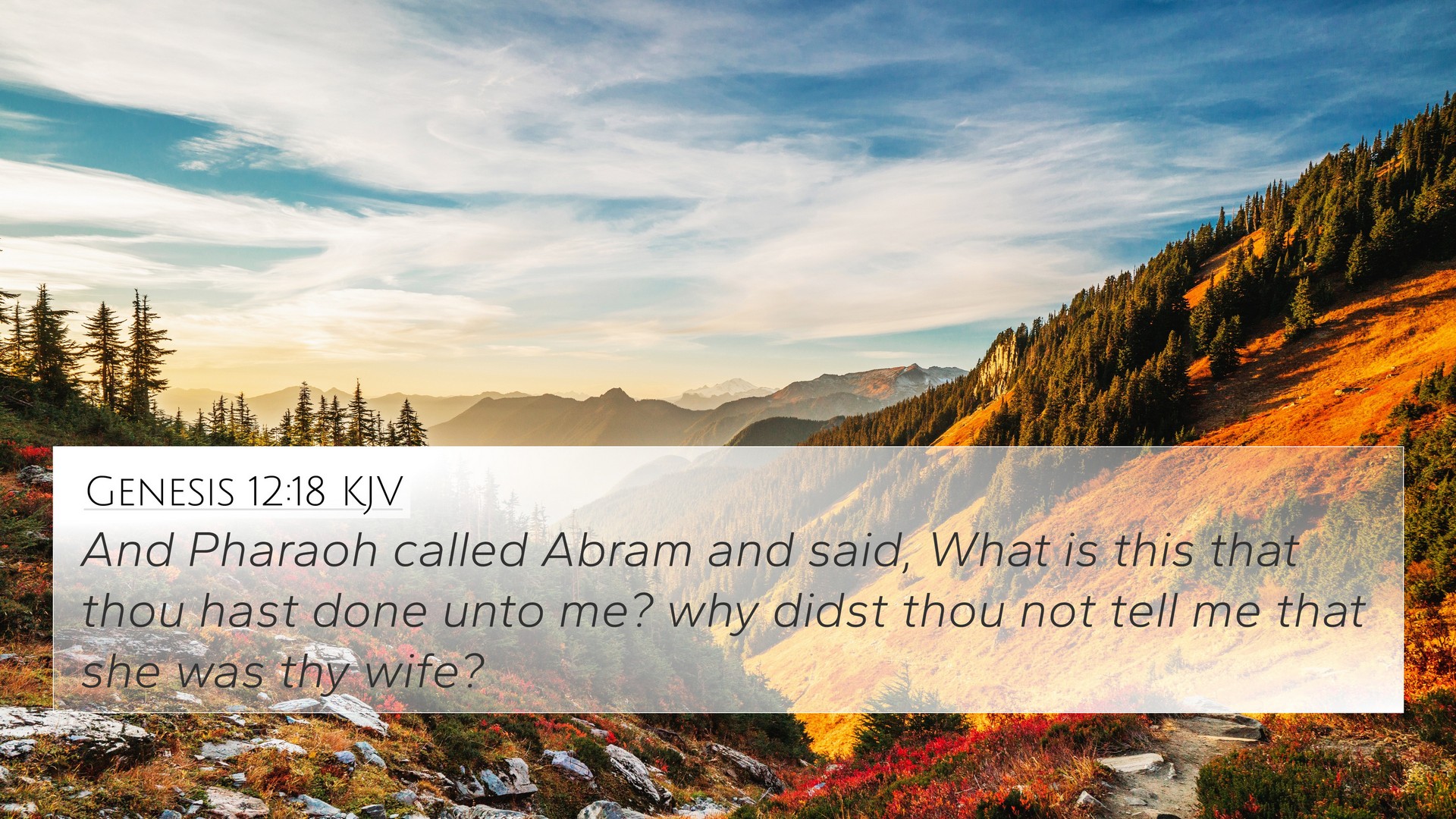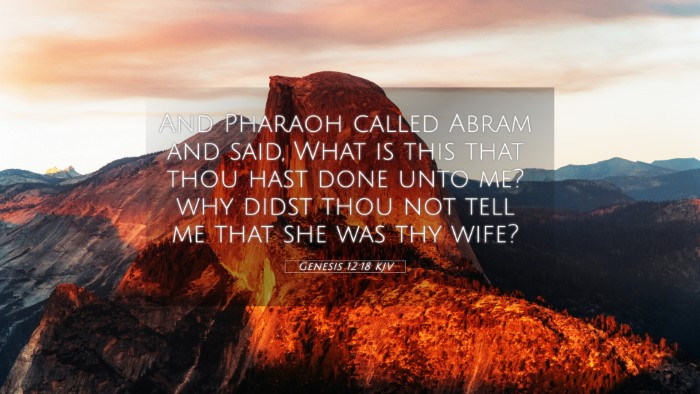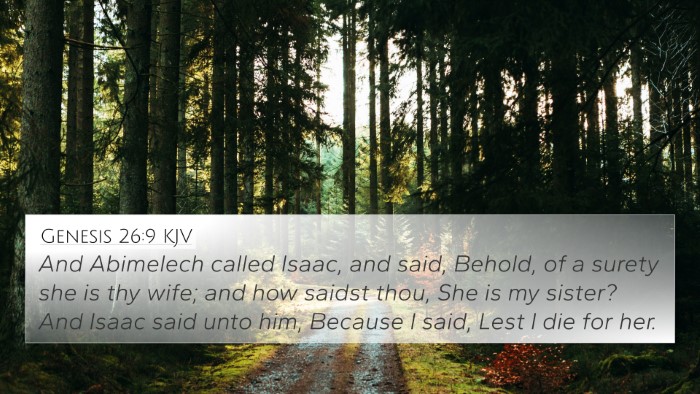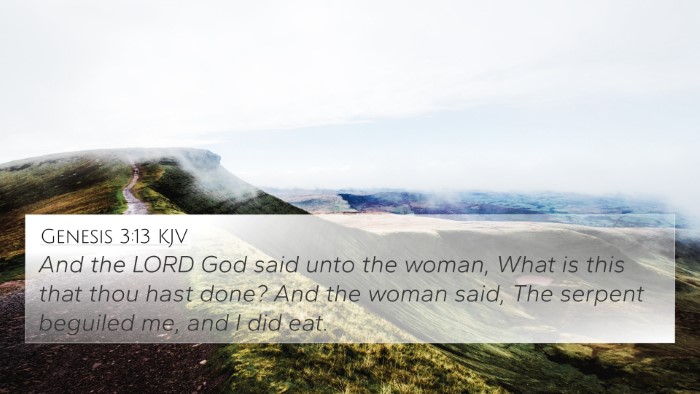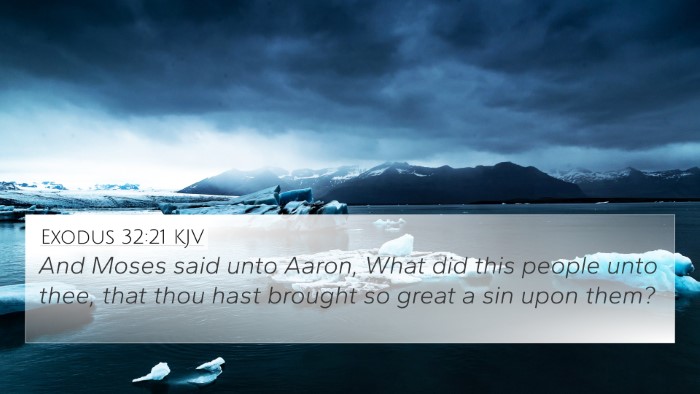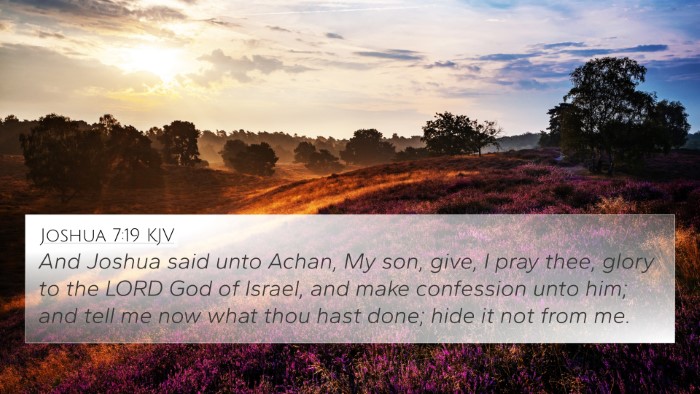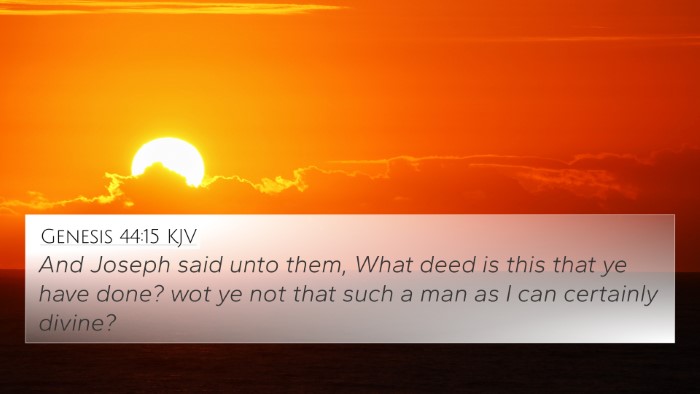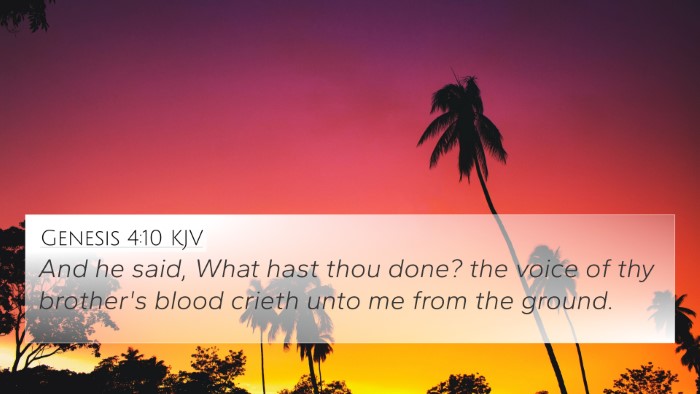Understanding Genesis 12:18
Genesis 12:18 states, "And Pharaoh called Abram, and said, What is this that thou hast done unto me? why didst thou not tell me that she was thy wife?" This verse is pivotal in understanding the narrative of Abram (later Abraham) and the consequences of his actions.
Summarized Insights from Public Domain Commentaries
This verse reflects a significant interaction between Abram and Pharaoh, showcasing themes of deception, trust, and divine protection. Let's explore insights from respected commentaries.
Insights from Matthew Henry
Matthew Henry emphasizes that Abram's deception led to serious consequences not just for himself but also for the Egyptians. This act of lying about Sarai being his sister instead of his wife shows a lack of faith in God's protection. Henry points out that God’s providence was at work to shield Abram despite his fear-driven dishonesty.
Insights from Albert Barnes
Albert Barnes comments on the morality exhibited by Abram. He suggests that Abram's failing in faith by not disclosing the full truth to Pharaoh indicated a lack of reliance on God’s promises. Barnes highlights that Pharaoh’s inquiry serves as a moment of realization for Abram, evoking the essentiality of honesty and integrity among believers.
Insights from Adam Clarke
Adam Clarke offers additional context, discussing the customs of the time regarding marriages and family relationships. He notes that Abram's claim was partially true, as Sarai was indeed his half-sister. However, Clarke emphasizes that truth cannot be divided into parts; the essence of righteousness is to uphold complete integrity, especially under trials.
Bible Verse Cross-References
Genesis 12:18 connects with multiple biblical texts that illuminate its themes and consequences. Consider the following cross-references:
- Genesis 20:2 - Abram again lies about Sarai's identity to Abimelech.
- Genesis 26:7 - Isaac follows in Abram's footsteps, deceiving Abimelech about his wife Rebekah.
- Exodus 20:16 - This commandment warns against bearing false witness, highlighting the moral implications of Abram's actions.
- Proverbs 12:22 - Discusses the abomination of lying lips, which ties to the deception presented by Abram.
- Romans 4:20-21 - Paul describes Abram's faith, contrasting his missteps with the ultimate promise of God.
- Hebrews 11:9 - References the faith of Abram and the significance of trusting in God’s promises even when faced with obstacles.
- Matthew 10:16 - Jesus advises His followers to be wise as serpents, implying the balance of wisdom and integrity in interactions.
Thematic Bible Verse Connections
This verse opens a broader reflection on the nature of faith and integrity in the face of adversity. The interplay between fear and trust in God can be observed throughout scripture:
- Fear vs. Faith: Numerous instances in the Bible illustrate the struggle between fearing earthly powers and trusting in divine protection.
- God Protecting His People: Like in Exodus, God guards His people even when they falter in faith.
- Consequences of Deception: Biblical narratives often vilify deception, leading to personal and communal strife.
Inter-Biblical Dialogue
The themes found in Genesis 12:18 reverberate throughout Scripture, prompting readers to engage in comparative studies. This dialogue illuminates the consistency of God’s character, even amid human flaws:
- Understanding God's Faithfulness: Despite Abram's fears, God remains faithful to his covenant.
- Lessons in Leadership: Leaders like Abram are shown to err, yet God uses both their strengths and weaknesses.
- Exploring Family Dynamics: The relational complexities can help readers analyze moral responsibilities within families.
Practical Application for Today
Understanding Genesis 12:18 encourages believers to reflect on their integrity and faith during trials. It invites readers to ask:
- How can I exhibit truthfulness in challenging circumstances?
- Am I fully trusting in God's plans, or do I succumb to fear like Abram?
- What lessons can I learn from biblical figures who faced similar dilemmas?
Conclusion
Genesis 12:18 serves as a rich narrative that not only demonstrates the consequences of human actions but also illuminates God's unwavering commitment to His people. Through careful analysis, readers can appreciate the depth of biblical truth and its applicability in their lives.
